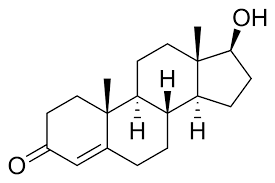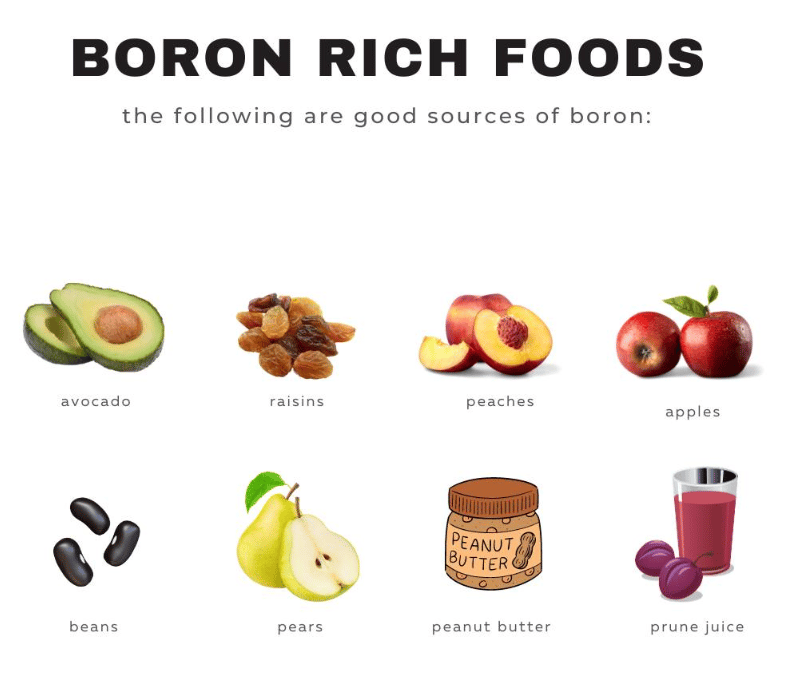- Aeviva
- Posts
- Boron — The Underground Mineral for Testosterone, Bones, and Brainpower
Boron — The Underground Mineral for Testosterone, Bones, and Brainpower
It’s not trendy, it’s not pretty, but it might fix the things your multivitamin forgot
Boron isn’t on your supplement shelf, yet. It doesn’t get flashy marketing. It’s not labeled as “anti-aging,” “gut-supporting,” or “adaptogenic.” And that’s exactly why you’ve never paid attention to it.
But this trace mineral might be one of the biggest missing links in your nutrition. From hormone regulation to cognitive performance and even bone metabolism, boron is quietly involved in dozens of essential processes that modern life tends to screw up.
When a breach happens, will you be ready?
When responding to a security breach, you don't want scattered logins or outdated access lists. You need control — fast.
Proton Pass for Business gives admins centralized credential management for your whole organization, so you can act decisively when it matters most. Instantly revoke access to shared vaults, enforce new password policies, and audit usage in real time, all from one streamlined dashboard.
And with Dark Web Monitoring and Proton Sentinel, you can identify leaked credentials and potentially prevent hostile account takeover attempts before any damage can be done.
No more guessing who had access to what. No more scrambling to respond. Whether it's a breach, a phishing scare, or a compromised vendor, Proton Pass gives you the tools to respond with confidence.
Security incidents are inevitable, but with a plan and the right tools, you can avoid chaos.
🧬 Boron and Hormones: The Testosterone Link
In men and women, boron has been shown to increase free testosterone levels by reducing sex hormone–binding globulin (SHBG), the protein that "locks up" your hormones and makes them unavailable.

Testosterone Structure 🧪
More free testosterone means:
Better libido
Stronger bones
Easier muscle gain
Improved mood and focus
In a small 2011 human study, just 6 mg of boron per day led to a 28% increase in free testosterone after one week.
It also reduces estrogen dominance symptoms by modulating aromatase — the enzyme that converts testosterone to estrogen.
🧠 Cognitive Benefits You Didn’t See Coming
Low boron intake is linked to slower brain processing, poor motor control, and reduced alertness. In studies, people with adequate boron intake performed better in:
Reaction time
Memory
Manual dexterity
Short-term focus
Animal studies suggest it helps regulate brain inflammation and oxidative stress, especially in the hippocampus the region tied to learning and memory.
Did you know? In one double-blind trial, boron-deprived subjects showed measurable EEG changes within just 29 days, indicating lower brain function.
🦴 Boron for Bones and Mineral Absorption
Boron helps regulate calcium, magnesium, and phosphorus all crucial for bone health. It also supports vitamin D activation, especially in people with suboptimal levels.
Postmenopausal women, who are at higher risk for osteoporosis, may benefit from boron’s ability to enhance bone matrix formation and reduce calcium loss.
Boron also:
Reduces inflammatory markers like CRP
Improves wound healing
May support joint health by reducing stiffness
🧂 Why Modern Diets Don’t Supply Enough

Boron is found in plants, fruits, nuts, and legumes but it’s been quietly declining due to soil depletion and food processing.
You won’t find it in your multivitamin either. Most don’t include it at all, or they use doses too low to be effective.
The average person gets 1–2 mg per day. Most benefits are seen at 3–6 mg daily, and some researchers suggest up to 10 mg is still safe and therapeutic.
Boron isn’t a buzzword. It’s a missing piece. While most supplement routines focus on the loud, shiny nutrients, boron has been quietly supporting your hormones, brain, and bones in the background, until you ran out.
If you're constantly tired, foggy, inflamed, or struggling with strength and focus, this underground mineral might be worth digging up.
Take-Home Summary
Boron boosts free testosterone by lowering SHBG
It improves cognition, memory, and brain speed in low-intake individuals
Helps with calcium, magnesium, and vitamin D absorption
Supports bones, joints, and postmenopausal hormone balance
Most multivitamins don’t include it, and modern diets fall short
Clinical effects observed at 3–6 mg per day


Reply